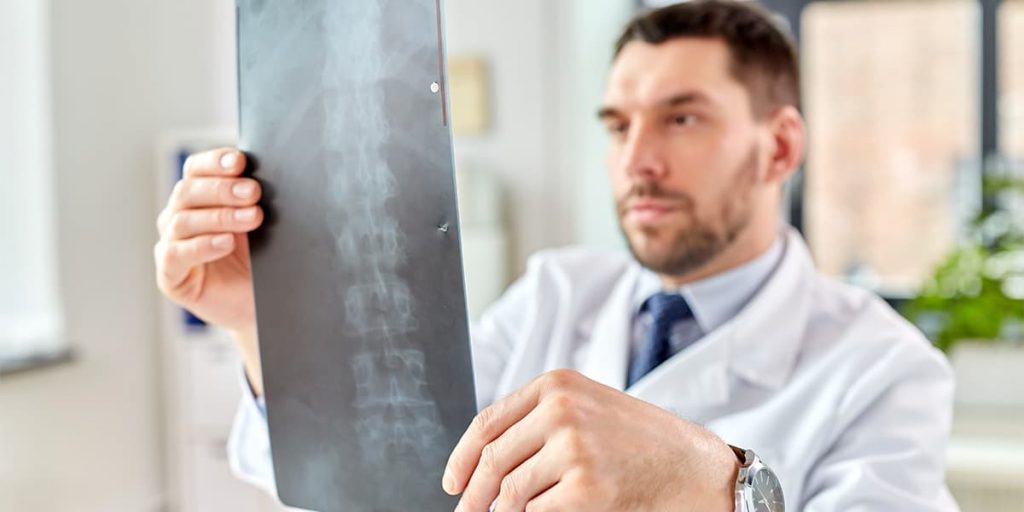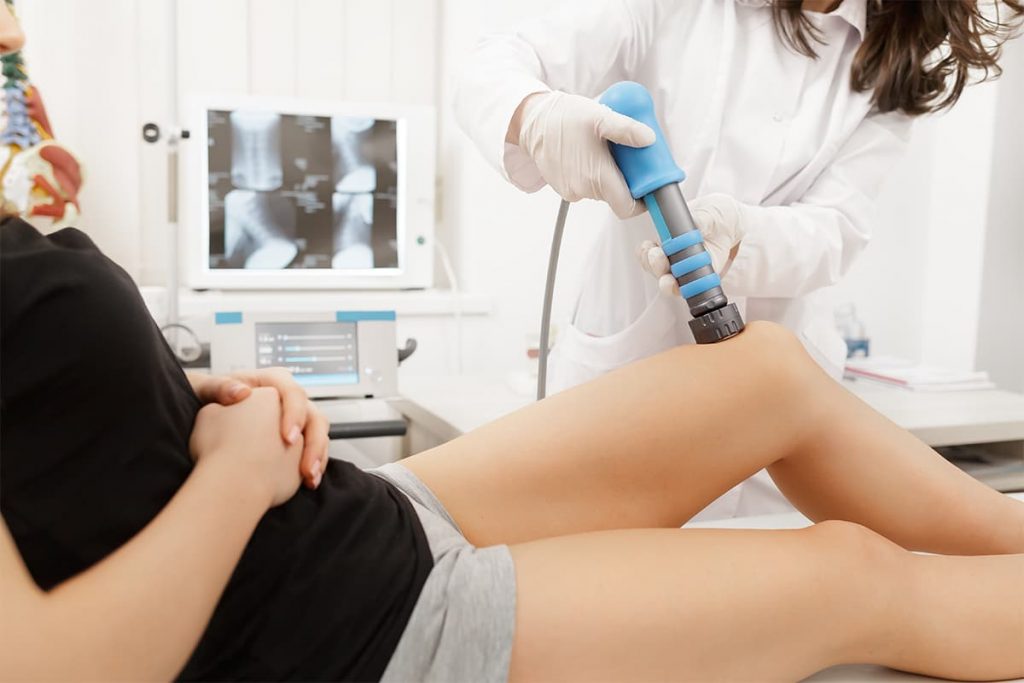Ortho doctors, what are they?

Ortho doctors, what are they?
No matter how old you are, we all have come across orthopedics at some point. All of us have been kids and experienced, or at least know someone that has experienced, a fracture.
Everyone has their take on the subject, maybe it was a horrible experience, or maybe you were just excited about all that firms in your plaster. Maybe you’re 50 – 60 years old, and as you know, time doesn’t pass unnoticed, especially for your joints and muscles. Or maybe you are just a sportsman that loves to exorcise and never stops moving.
Ortho doctors have always been there, but do you know what they do? And the ways they can help you even if you think you need one? Let’s find out.
What is orthopedics?
Orthopedics is the medical field that focuses on diseases and conditions that affect your musculoskeletal system. This includes your:
- Bones
- Muscles
- Ligaments and tendons
- Joints
- Nerves (yes! They can work alongside neurosurgeons)
The most common reason people see an ortho doctor is injuries originating from an accident, most commonly falls from high heights, fallen weights when working out, or just standard everyday sports games. Almost everyone experiences joint pain at some point in their life, and many people have musculoskeletal injuries that require medical attention. If specialized diagnostics and treatment are required for your injury, you’ll likely see an ortho doctor.
Even if you aren’t a physically active person, you can damage your muscle tissue simply through the wear and tear of daily activities. Prolonged computer use, working without taking breaks, performing repetitive movements, and even poor posture can cause musculoskeletal injuries.
Other reasons people go see ortho doctors include chronic conditions, such as arthritis or lower back pain.
In this post, we will take a deeper insight into what ortho doctors do, the ways they help their patients, the conditions they can treat, and how to find the right ortho doctor for your specific conditions or symptoms you might be experiencing.
Start A Pain-Free Life. Contact Our Pain Management Specialists!
What does an ortho doctor do?
Ortho doctors diagnose and treat injuries caused by sports or physical activity, overuse, aging, accidents, and more. Additionally, they help you manage conditions that usually get worse over time, like arthritis or osteoporosis.
Another way ortho doctors can help you get through musculoskeletal system injuries is rehabilitation after an injury or surgery. This is pretty common after accidents. Auto injuries, for example.
Rehabilitation can significantly help you with:
- Regain movement: There are a variety of musculoskeletal conditions and injuries that can cause discomfort and/or pain. Ortho doctors can help reduce or eliminate the pain from such injuries.
- Range of motion: Pain, stiffness, and swelling of the joints can cause a decrease in your range of motion. When this occurs, it can be difficult to complete daily tasks, including showering, cleaning, picking up heavy things, bending over, and more. Ortho doctors help to get your range of motion back to normal through physical therapy or other treatments. Sometimes, surgery is needed.
- Treat and prevent injuries: Broken bones, compression fractures, stress fractures, dislocations, muscle injuries, and tendon tears or ruptures are conditions that ortho doctors commonly treat. Ortho doctors can also make a treatment and prevention plan to help you avoid future injuries.
While ortho doctors know about all parts of the musculoskeletal system. Some of the most common body parts treated by an ortho doctor are:
- Spine
- Hands and wrists
- Feet and ankles
- Knees
- Shoulders
- Elbows
- Neck
- Back
Do Ortho Doctors always have to perform surgery?
It’s a common misconception that ortho doctors always recommend surgery to treat bone and joint problems.
In most cases, surgery is a last resort, pretty much reserved for extreme cases like shattered bones due to tragic accidents like auto injuries and falls from tall structures or trees.
Instead, your ortho doctor will most likely recommend non-surgical procedures like:
- Your ortho doctor may recommend specific exercises or stretches to help maintain or improve your strength, flexibility, and range of motion in a particular area.
- Sometimes preventing additional strain on an area can help it to heal. Examples of immobilization techniques include braces, splints, and casts.
- Your ortho doctor may recommend certain medications to help relieve symptoms like pain and swelling. Some examples include over-the-counter medications like ibuprofen and aspirin. They may also prescribe certain prescription drugs like corticosteroids and anti-inflammatory medicine.
- Lifestyle changes. Your ortho doctor may also help you with making lifestyle changes. These can involve modifying your physical activity, diet, and the ways you exercise to prevent aggravation of an injury or condition.
Anyhow, there are times a condition or injury doesn’t improve with conservative non-surgical measures. In these cases, your doctor may recommend operating. Some examples of surgeries performed by an ortho doctor include:
- Joint replacement. Joint replacement surgery involves replacing the parts of a joint that has become damaged or diseased, usually secondary to arthritis. Examples include knee replacement and hip replacement
- Internal fixation. Internal fixation involves the placement of hardware such as pins, screws, plates, and rods to help hold broken bones in place while they’re healing.
- This involves using bone graft material plus some form of internal fixation to connect two bones. As the bone tissue heals, it fuses into one bone. This technique is often used in neck and spine surgery.
- Osteotomy is a type of surgery that involves cutting a part of a bone and then repositioning it. This type of surgery may sometimes be used to treat arthritis.
- Soft tissue repair. This kind of surgery is used to repair severely damaged muscles, ligaments, or tendons.
- Release surgery. This is a type of surgery that’s performed for carpal tunnel syndrome. It helps to relieve symptoms by reducing pressure on the median nerve.
When to go see an Ortho Doctor
As stated before, persistent pain is one of the most common reasons people seek medical help from ortho doctors. If you have persistent pain lasting more than three months or severe pain that does not subside with home treatment, you should consider making an appointment with an ortho doctor.
You may consider seeing an ortho physician because:
- You’re experiencing a noticeable decrease in your range of motion
- You can’t walk without pain or discomfort
- You have moderate or advanced arthritis of the knee or hip
- You have progressive hip or knee pain that worsens upon standing
- Your daily life is affected by your pain and discomfort
- You have chronic pain (lasting more than 12 weeks)
- You have a soft tissue injury that has not improved after several days
Injured or suffering from any muscular pain? Call today!
Wondering if you should go directly to an orthopedical specialist or see your primary care doctor first? If there is a possibility that you have a traumatic or repetitive motion injury to a bone, joint, tendon, or nerve, you should see an ortho doctor as soon as possible.
Do not hesitate. Musculoskeletal health is one of the more sensitive matters in healthcare situations. It is common to suffer from one of all the symptoms we mentioned in this post. Do not underestimate pain nor take it for granted. An ortho doctor might just be what you were looking for. Anchor Spine & Joint is ready and waiting to serve you anytime. Contact us now!
Let Us Be Part Of Your Wellbeing. Get In Touch With Our Specialists
Leave us a message sharing your case and we will get back to you with help as soon as possible.




